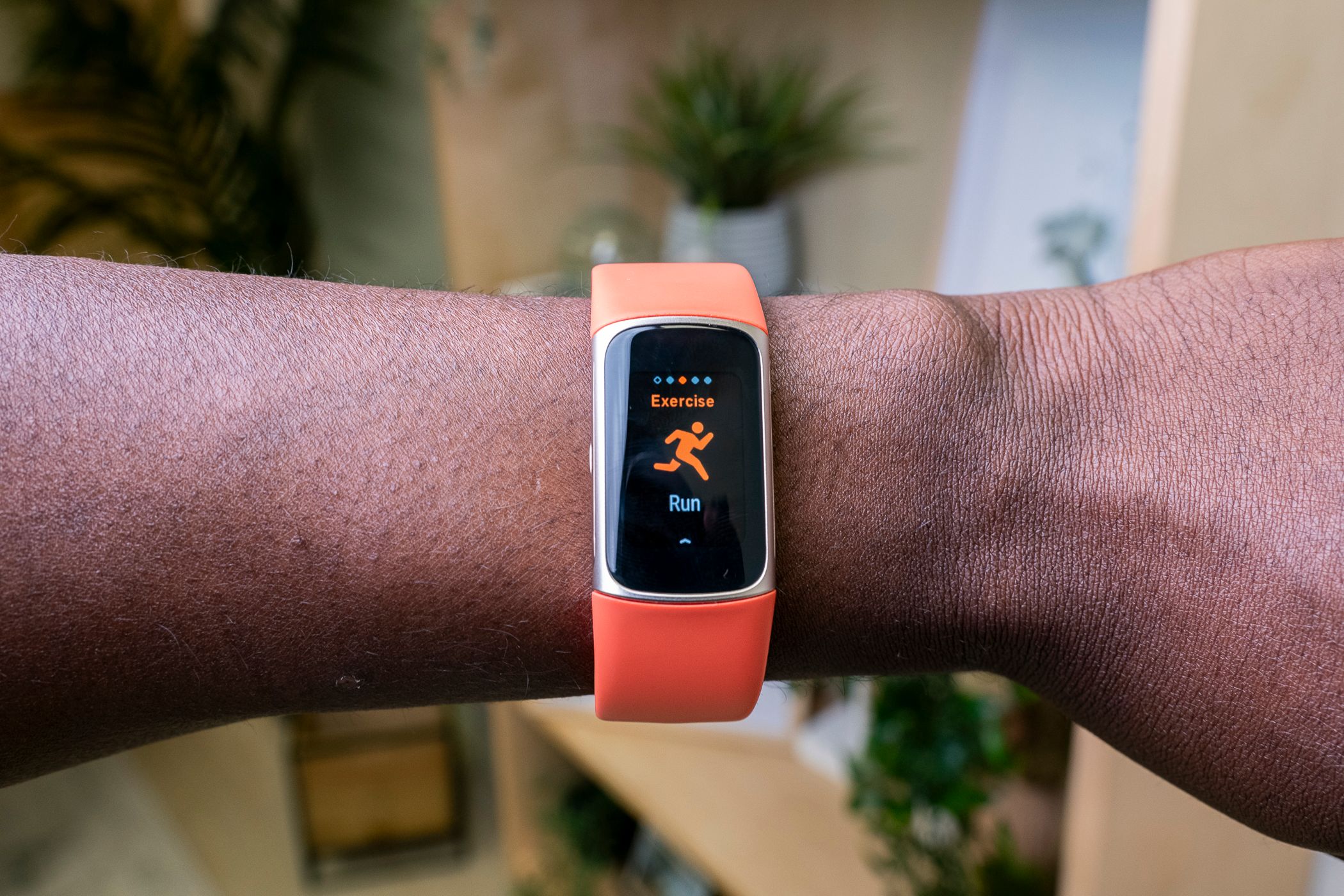Tech
FTC urged to stop tech companies from making devices unusable, say consumer groups

A coalition of consumer protection and anti-waste groups is urging the Federal Trade Commission (FTC) to take action against “software tethering,” which ties a product’s functionality to external software updates. This practice often renders devices useless when companies stop providing software updates.
Several groups, including Consumer Reports, iFixIt, US PIRG, the Electronic Frontier Foundation, the Centre for Economic Justice, and Californians Against Waste, have signed a letter requesting the FTC provide clear software tethering guidelines. They argue that with proper enforcement, consumers can rely on their connected products to last as long as expected.
In the letter, the groups highlight various products that have lost functionality or become completely unusable due to software tethering. One example is the Snoo bassinet, priced at US$1,695, where customers found that some advertised features were later locked behind a subscription service. In another case, the Juicero juicer became unsupported after the company behind it shut down, leaving users with devices they could no longer use.
Products becoming obsolete too soon
“Manufacturers are increasingly using software to force us into using their products in ways that boost their profits,” said Lucas Rockett Gutterman, director of Designed to Last at US PIRG, in a statement. “If we want to stop the tech industry from pushing us to replace still-functioning products, we must defend consumers’ right to use what they’ve paid for, especially in this age of connected devices.”
The letter also mentions that even large, well-known companies like Google have discontinued support for certain products, leaving customers with unusable gadgets. The groups are particularly concerned about smart home products, noting that larger items, such as appliances, are especially vulnerable to this issue. The letter states, “When these products fail, it represents not only the loss of a significant investment but also generates large amounts of waste.”
A study by Consumer Reports, cited in the letter, found that out of 22 major smart appliance manufacturers, only three provided a clear timeline for how long they would offer cybersecurity and software updates. Four others said they would offer support but did not specify a time frame.
Seeking better product support
The coalition anticipates that the problem will worsen as more companies create “smart” products that connect to the internet or rely on apps for functionality. To address this growing concern, the groups have proposed several recommendations for the FTC, including:
- Requiring companies to guarantee a minimum product support period and clearly display this information on the packaging.
- Ensuring that essential product functions work even if the internet connection fails or software updates are discontinued.
- Promoting tools and methods to enable product reuse once software support ends.
- Protecting “adversarial interoperability,” which allows third parties or competitors to modify old devices.
- Educating manufacturers on designing products that are built to last.
“Consumers are already feeling the negative effects of software obsolescence,” the letter concludes, “and without clear guidance and enforcement, companies will continue to take risks with connected devices that they have no intention of supporting in the long term.”









